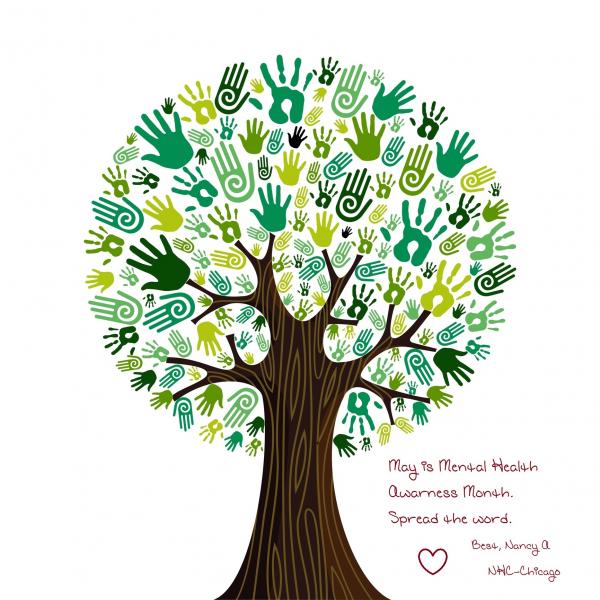
At the beginning of the service term, I remember being nervous about giving people nutrition advice. I remember spending a significant amount of time preparing for these sessions. I had a binder outlining every session and handouts to go with them -- trying to predict exactly how each session would go. What I didn't foresee was that as much as I prepared, I felt like I wasn't truly prepared to find out how much behavioral health played a role in people making lifestyle changes. I recall one patient breaking down during one of my sessions. She had come in for diabetes management. When I her if she was stressed, she talked about the many things going on in her life. Tears followed. I didn't know what to say. Where were my handouts that I put together? They only contained information about nutrition labels and a diagram of MyPlate. The handouts had failed me.
I asked myself,'How can I tell her to make a lifestyle change, when she has X and Y to worry about?" At my host site, the utmost important component of treating every patient that walks through the door is integration of behavioral health and primary care. Heartland works in partnership with Institute for Behavioral Health Improvement (IBHI) to improve the delivery of behavioral services in the healthcare industry. Through this initiative, a behavioral team --comprised of psychiatrists, nurse practitioners, and licensed social workers -- work to better people's emotional well-being.
During my year of service, I have had the opportunity to attend staff meetings and partake in initiatives funded by IBHI. These meetings were mostly centered around looking at patient data. Among other things, we compared data from other initiatives that aimed to expand behavioral services to Heartland Health Center's numerous sites. This resulted in the hiring of other behavioral consultants who focus on providing non-medical alternatives to patients suffering from behavioral disorders.
Through these initiatives, I have found behavioral health essential in helping people make a lifestyle change. Depression is a disorder that is expected to become one of the most disabling health conditions by 2020, according to the World Health Organization (WHO). Patients that walk into Heartland now have the comfort of knowing that this doesn't have to be the case. They can sit down with one of our behavioral consultants who provide solution-based therapy or meet with psychiatrists or behavioral nurse practitioners to talk about their medications.
I'll admit that making a lifestyle change isn't easy, but by providing treatment options patients have the comfort of knowing that it gets a tad easier.

This post was written by NHC Chicago Nancy Aguilar.
Nancy serves as a Health Promoter at Heartland Health Center- Uplift/Wilson.
